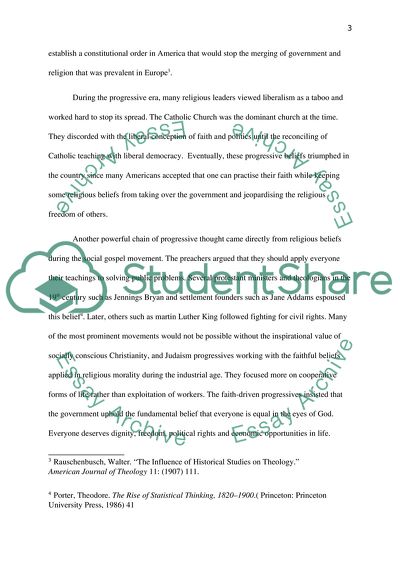Cite this document
(“Progressive Era Essay Example | Topics and Well Written Essays - 1000 words - 1”, n.d.)
Retrieved from https://studentshare.org/history/1633098-progressive-era
Retrieved from https://studentshare.org/history/1633098-progressive-era
(Progressive Era Essay Example | Topics and Well Written Essays - 1000 Words - 1)
https://studentshare.org/history/1633098-progressive-era.
https://studentshare.org/history/1633098-progressive-era.
“Progressive Era Essay Example | Topics and Well Written Essays - 1000 Words - 1”, n.d. https://studentshare.org/history/1633098-progressive-era.


